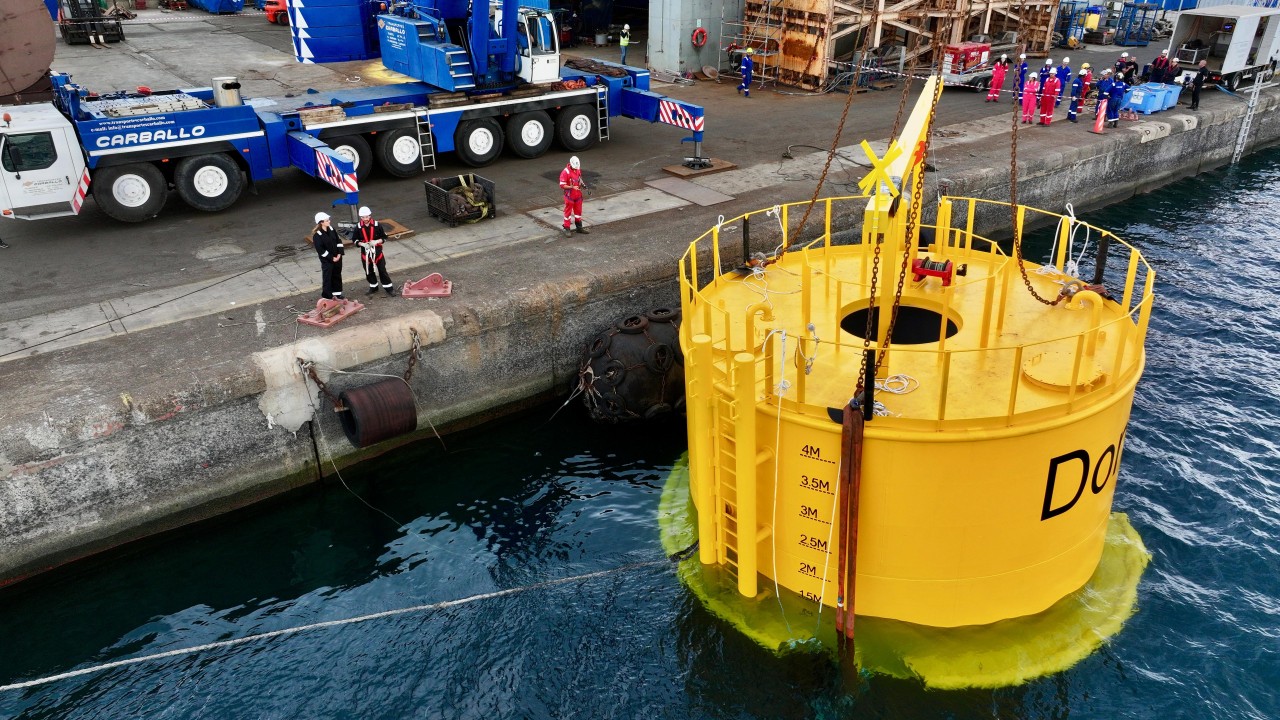By Zerina Maksumić
Copyright offshore-energy

UK-based Global OTEC has been selected to take part in a new research project under the DeepStar program, an international consortium focused on offshore technology innovation.
According to Global OTEC, the project will examine the potential of ocean thermal energy conversion (OTEC) to supply baseload renewable energy for deepwater oil and gas operations.
DeepStar is led by eleven operators, including Chevron, ExxonMobil, and BP, and is regarded as one of the key collaborative research and development (R&D) initiatives in the sector. It brings together operators, technology developers, and research institutions to advance technologies for deepwater production systems.
The study is said to look at the feasibility of using OTEC as an alternative to conventional offshore power sources. It will consider modular systems that could replace gas and diesel turbines on FPSOs and CO2 floating injection units, Global OTEC said.
“Being chosen for a DeepStar project is a huge milestone for us. It validates OTEC’s potential as a pragmatic solution for offshore decarbonisation and gives us a platform to work directly with some of the largest operators in the world. We are excited to demonstrate how the ocean itself can power the future of deepwater energy,” said Dan Grech, Founder and CEO of Global OTEC.
The project is said to build on Global OTEC’s development of its OTEC Power Module, a skid-based system designed for modular offshore deployment.
OTEC systems generate continuous power by exploiting the temperature difference between warm surface water and cold deep water, providing baseload energy suited to offshore production needs.
In August, Global OTEC signed a memorandum of understanding (MoU) with Hawaii-based Makai Ocean Engineering to supply thin foil heat exchanger (TFHX) technology for its OTEC Power Module system.



